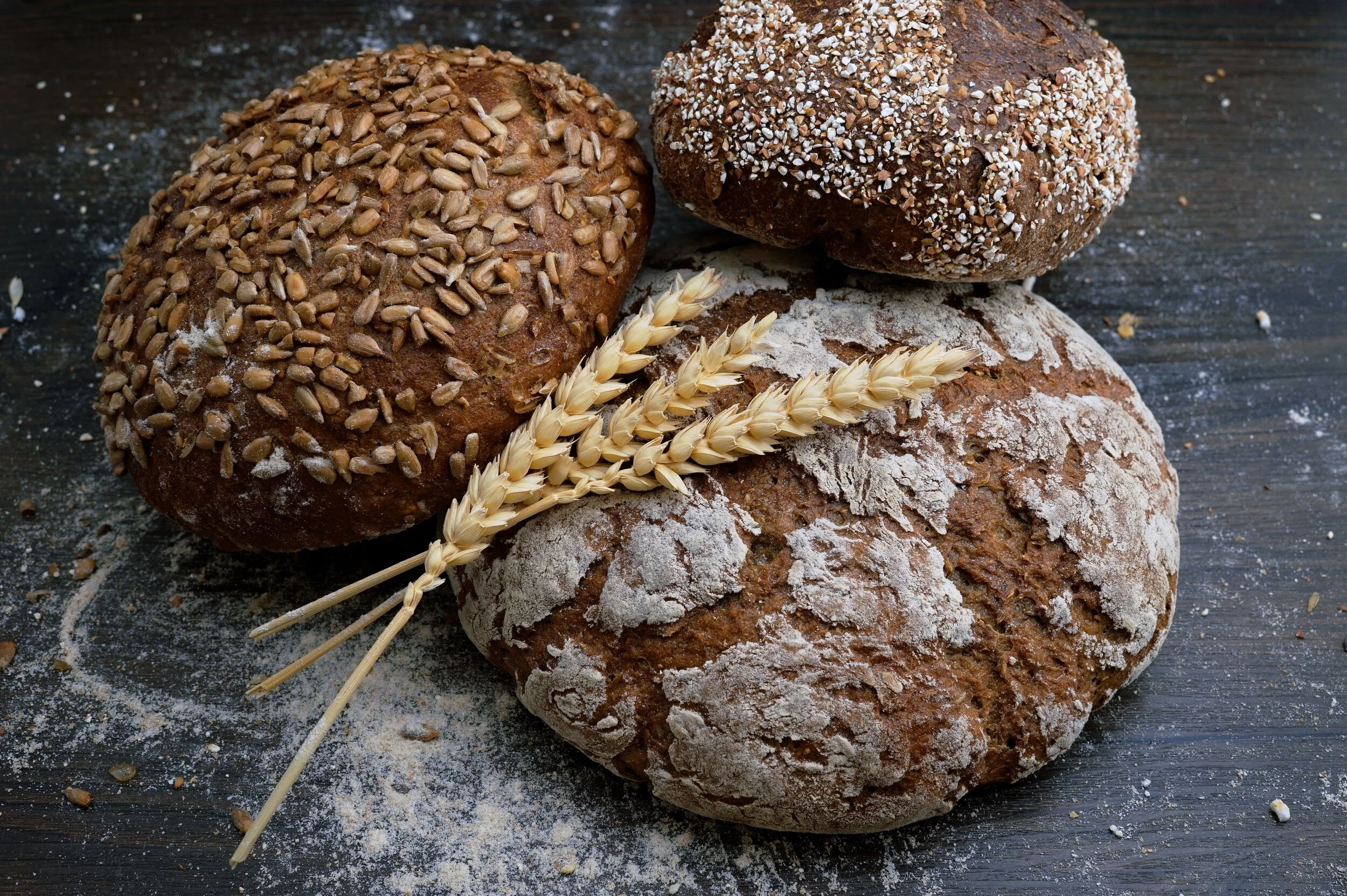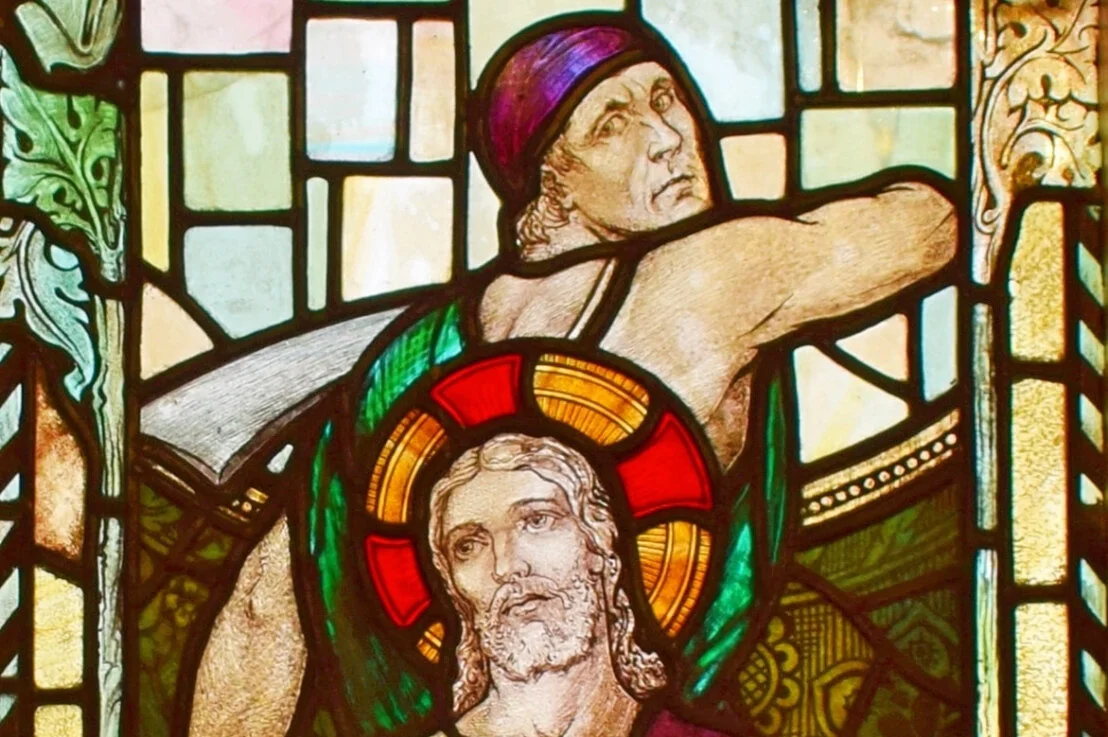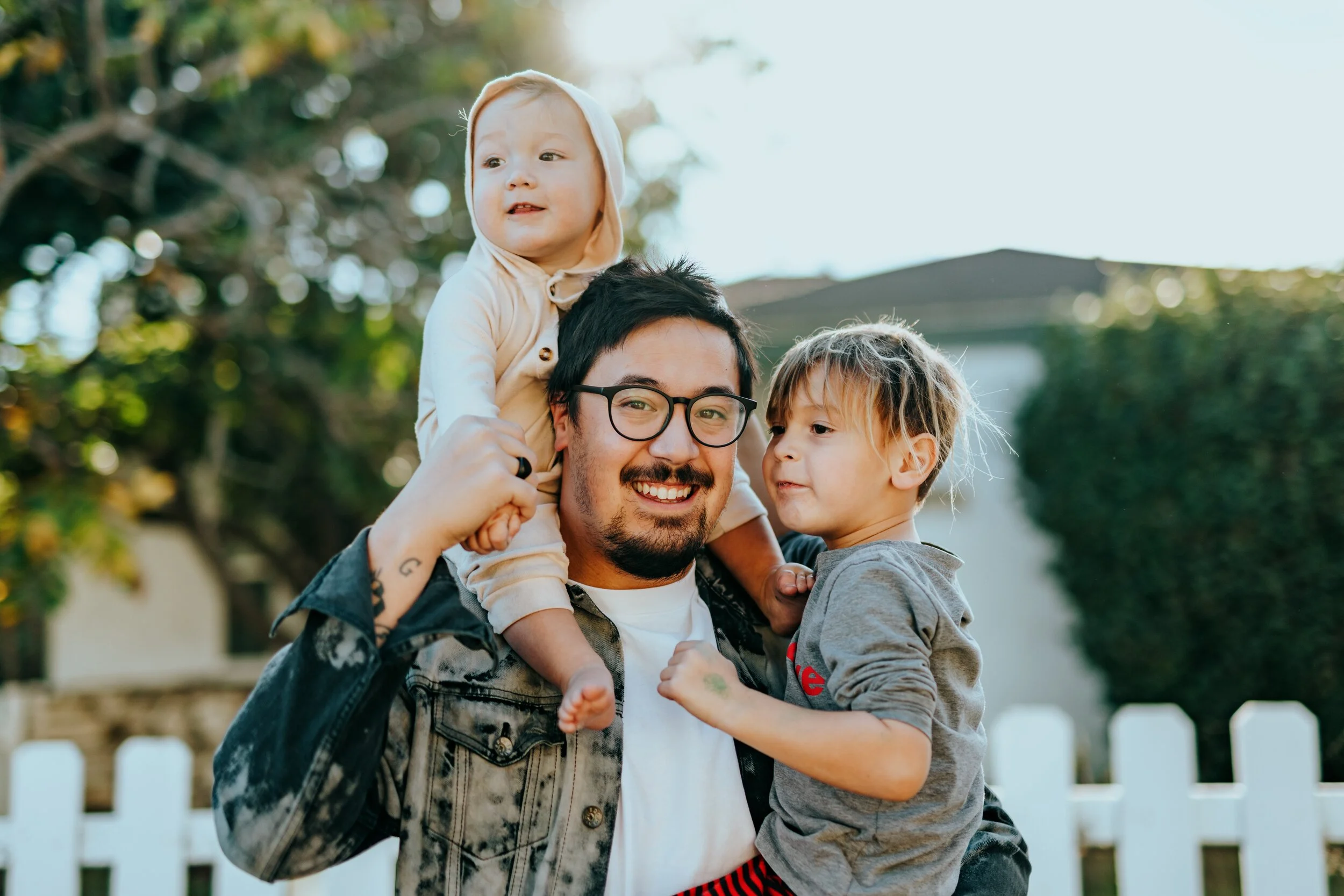Once upon a time there were two people called Mr Important and Little Miss Humble …….
Love one another
Sometimes our readings take us into the heart of what it is to be human, to live our lives in this complicated old world. Loving and being loved, committing to a relationship or rebuilding ourselves if something hoped for fails, are in the very essence of what makes each of us who we are.
And today our readings take us into that delicate territory of marriage and, more particularly, divorce. It’s surely a subject to tread softly around and to speak with care.
Harvest 2021
When I was in my twenties I was traveling in the Causses mountains in the
South of France and arrived in a remote village just as they were bringing in the grape harvest. There was a large open shed where the grapes were being processed – incredibly, there will still being trodden by foot! – and a buzz of energy and excitement as all the village worked together. Of course we were pressed into sampling the new wine. It was a great experience of a farming community still celebrating the harvest as they had done for hundreds of years.
WELCOME !!
In my twenties I worked for a summer In Palestine, teaching English in the occupied West Bank, just outside Jerusalem. Silwan had been a refugee settlement since 1948 and conditions of life were basic. English visitors to Silwan were a very rare thing, and Bridget, my fellow teacher and I were treated to the most incredible hospitality. As we walked back home at the end of the morning’s teaching, the street was lined with people hanging outside their front doors shouting to us, ahlein! Welcome!
Purify my heart
I asked Harry if he could draw me a picture of our Church or Churches but to show them as part of a bigger picture. I asked him to put a lot of dots on the picture reminding us of a style of painting called "Pointillism."
If you hold Harry's picture close to your face you tend to concentrate on the dots in one particular area, you have to hold it further away or take a step back to see the bigger picture.- The Church at the heart of the community and the community at the heart of the Church'
Living Bread (5)
At the beginning of September it will be a whole year since I started with you as Vicar here in Whaley Bridge. And what a strange year for all of us, a year of lockdowns, of distancing, of being church online. Being in ministry in the church is all about relationships: relationship with God, relationships with schools and community groups, relationships with wardens and ministry team, and fundamentally, relationships with you who are God’s people gathered here in Whaley Bridge – out congregation – a word which simply means a gathering of people.
Living Bread (4)
Living Bread (3)
What is the Kingdom of Heaven like? The Kingdom of Heaven is like eating pink fondue in a tent. I was spending Easter at the Taize Community in central France, and one evening, slightly disorientated after singing Latin chants for several hours, I stumbled into the wrong tent by mistake. The tent was full of Swiss people eating cheese fondue, which happened to be pink as red wine was the only wine they had to hand. They were a group of friends from a church in Gruyere and soon after I went to visit them in Switzerland.
Living Bread (2)
I hope you have been enjoying watching the Olympics this week. Even with empty stadia it’s been great to see athletes competing and excelling – it’s been uplifting to share the unexpected successes and moving to see how athletes who have had to withdraw for reasons of injury or ill-health have done so with dignity and good grace. Dina Asher Smith said yesterday of her decision to pull out” As athletes we’re all on our own journey and this Olympics is part of my journey – there will be other competitions for me in the future.” The disappointment of this games is part of a bigger story of her life in athletics.
Living Bread (1)
Have you ever baked a loaf of bread? To my mind, baking bread is one of life’s simple joys that everyone should try. And when I bake bread – usually in a bread machine these days – I often think about baking bread with an Italian monk called Bernadino. Every summer Bernadino used to take a break from his Franciscan monastery to give young people a taste of the Franciscan life at the San Masseo community just outside Assisi
Christ has broken down the dividing wall between us
Are you on of us, or one of them? Where do you belong? Do you belong with us, or don’t you? Let’s see. I notice that when you speak your accent isn’t the same as ours round here. And then of course there’s the question of your skin colour. Hmmm. Your clothes tell me something about your tastes and maybe about your income bracket too. It’s helpful to know where you live, the school you went to, who you’re connected with and so on. Just keep talking. What a relief. Now I’ve got you neatly pigeon-holed. You’re not one of us, you’re most certainly one of them!!
Beheading of John the Baptist
Trust and risk
The Orkney islands are one remotest parts of the UK, and Steve and I have just been privileged to spend a lovely fortnight there. Most days we would go for a bike ride and when we arrived at a spectacular piece of coastline leave them to go for a walk. So then there was a decision to be made. Do we lock the bikes, as we usually do – or just leave them? We are on a remote island after all…………….
Jesus stills the storm
My family and other Christians
A family is a unit composed not only of children but of men, women, an occasional animal and the common cold. So said the poet Ogden Nash. I think Nash was right about the common cold being the great universal of family life, but in the seventy or so years since he was writing family life has changed beyond measure – some of us have been brought up in single parent families, for example and in my ministry I’ve been happy to welcome for baptism children where there are two Mums and no Dad, or the other way round. Divorce means that some family units are becoming bigger. It’s often the case that couples who remarry bring children from their previous relationship, and then they have another child together. In Britain in 2021 the shape of family life is increasingly varied.
The Holy Trinity - what kind of God ?
I wonder if you can remember your very earliest experience of God? For me, my first experiences of God were connected up with Grandad. Sitting on Grandad’s lap, as he read me stories and poems, I knew I was totally loved and safe. With Grandad, everyday things became strange and wonderful. As we watered the flowers together in the garden after tea he would point out the apple tree where the jabberwocky lived, and the heffalump pit behind the compost heap. With Grandad, a bus trip into Coventry town centre became a magical journey of discovery. And in church Grandad was always there, celebrating Holy Communion at the altar, talking about Jesus just like he and I did on our own together at home. “God is love, and those who live in love live in God, and God lives in them” we read in John 1. Because of Grandad, at three I knew with certainty that God was there, and God loved me. That was my first experience of God: living in love.
God's justice and climate justice - Christian Aid Week Sermon
People of Whaley Bridge Parish, you are brought here today to stand trial before God’s holy court to answer grave charges. You, and indeed all the Christians of this country, are charged with
failing to act justly and
failing to love mercy and
failing to walk humbly with your God.
How do you plead, people of Whaley Bridge Parish? ….
Easter 5
The very last thing that Jesus does in St. Matthew's Gospel is to commission his disciples to continue his work, his mission, saying: “Go then to all peoples everywhere and make them my disciples; baptise them in the name of the Father, the Son and the Holy Spirit and teach them to obey everything I have commanded you.”
2 The problem was , of course, that the disciples were Jewish men, born and bred, brought up believing that the Jewish people were God's chosen people, set apart, not to be contaminated by anyone beyond the pale of the ticket -holding, law abiding, strict Jews ; discimination was practised not just against those of other races but also of many Jews who fell below the spirit level of rigid religiousity.
Easter 4
John 10: 11-18: Good Shepherd
Whaley Bridge
15.04.21
John 10: 14 to 16:
“I am the good shepherd. I know my own and my own know me, just as the Father knows me and I know the Father. And I lay down my life for the sheep. I have other sheep that do not belong to this fold. I must bring them also, and they will listen to my voice. So there will be one flock, one shepherd.”
Our reading today is full of sheep and some of the images are probably very familiar to most of us here today. Jesus as the Good Shepherd. It’s a familiar, reassuring image. And of course, we have shepherds and farmers in our congregation, or their families. People who really do know about sheep farming.
I suspect that they at least might raise their eyebrows at the image of the shepherd as being seen as a cosy comfort blanket. I’ve learned from watching TV programmes about Amanda Owens, the Yorkshire Shepherdess from Swaledale, that sheep farming is tough, hard work. It’s certainly not cosy when there’s a gale blowing and the snow is coming down hard on the moors. The TV series has been an eye opener for me.
Now, most of Jesus’ listeners would have probably known much more about sheep farming and shepherding than I do, so they would have recognised that there were sharp edges to the images Jesus was using. They would also have recognised some of the historic allusions in the way that Jesus uses the term as well.
The image of God as shepherd of the sheep was familiar to His listeners who knew their Jewish scriptures. Israel was often described as being like a sheep without its shepherd and good leaders of the nation were a little like a shepherd leading the flock. That image of the shepherd leading is different to the way that shepherds farm today here in England. In Palestine, shepherds lead their flock from the front and the sheep literally know and respond to the shepherds voice. Palestinian shepherds still farm this way today, leading their flock from the front, not, for example, rounding them up with dogs.
There’s an ironic example of this from when the British controlled Palestine in the first half of the 20th Century. Sometimes the British would try to punish local people by confiscating their flocks and fining them for their return. To add insult to injury, the British would pen the sheep in mixed up flocks thinking this would make it difficult for farmers to recover their own sheep. However, the Palestinians would simply call out and their own sheep would hear and recognise their voices and come trotting after them. They were sheep that knew the voice of their shepherd.
So Jesus’ listeners would have recognised the allusion to the idea of the good and noble leaders of Israel as being like a Palestinian shepherd, leading his sheep by the sound of his voice. And this good shepherd is loyal to his sheep, so brave he would lay his life down for them if necessary. Now there’s a bit of a contradiction here because a dead shepherd isn’t much use, but the readers of John’s Gospel would recognise the reference to Jesus own death on behalf of all his flock, that is them. They would know just what Jesus had done for them.
Wrapped up in this meditation on the nature of the good shepherd’s sacrifice is something that I want to pick up on in verse 16. It says: “I have other sheep that do not belong to this fold. I must bring them also, and they will listen to my voice. So there will be one flock, one shepherd.”.
That’s interesting, isn't it? Who are these ‘others’, these outsiders that Jesus is talking about? Now the people that Jesus is addressing this parable to are the Pharisees, that is the religious leaders, who, at the end of chapter 9, are in conversation with him. They would have recognised the references to shepherds and, as learned people, they would have been familiar with the allusions Jesus was making, so we have to wonder what they would make of this reference to other sheep who must be brought into the flock. That might have sounded rather odd to them. After all, they knew they were the chosen people, that God was the shepherd of the Jewish flock. That's what the Old Testament scriptures told them and that was their understanding.
Suddenly though, it seems like Jesus is telling them a new thing. Yes, you're the chosen people and I am here for your salvation, but not just you.
Who are the others? Well, most scholars say that Jesus meant Gentiles. That is non-Jews. Buried here, in John Chapter 10, is Jesus reaching out to include the whole world outside and beyond the idea of the people of Israel being God’s only chosen people.
And this must have been shocking, even radical, as an idea. And on top of that, Jesus is saying that new thing will, perhaps, be sacrificial. Perhaps it will cost Him his very life. He will be the shepherd who lays down his life and it won’t just be for Jewish people.
So this would have been a shocking thing for a Jewish audience to hear back in Jesus’ time and I wonder what it might mean for us today?
Well, Jesus is our model and our template for how we live our lives. As we walked through Holy Week together, we learned that following Jesus means to take up our cross. There is cost and sacrifice involved. And here, less than halfway through John’s telling of the story of Jesus, we see him challenging his listeners preconceptions about who is in and who is out and that sacrifices might be made as part of that new inclusion.
I wonder whether we can hear that message afresh today? Can we hear Jesus saying to us here and now ‘I have other sheep and I’m going to gather them in?’.
I think that could stand as a challenge to us. Are we looking outward, beyond that which we know in our church and faith? Are we trying to gather in those who don't yet know Jesus?
I think that this verse certainly is a challenge to us to look outwards, to look to reach out for new people to hear the message of Jesus, to come to know him.
I want to suggest though that this is about more than evangelisation as we might traditionally think of it. Remember, Jesus precedes his statement, about coming to call new people into the sheepfold, by telling us that He will lay down His life for His sheep. That’s all His sheep. There is something sacrificial and costly in this calling.
So, when we think about the meaning of this call, to bring others into the sheepfold, into an encounter with the living Jesus, do we recognise that there might be cost and sacrifice in that? What might we be called to give up? Perhaps not our lives but perhaps other things which are very precious to us in our practice as Christians here in Whaley Bridge. Or perhaps something about our identities as Christians in this place. What might we being called to change, to lose, to reimagine?
Well, I’m not sure I can say what, if anything that might be this morning in late April but I am sure that, as we emerge as a church from lockdown, we will have difficult and challenging questions to face about who we are as a post covid church in this place and how we can call other sheep into our little sheepfold, even if that is costly.
They may be costly questions, but Jesus didn’t offer us an easy ride or safety. He didn’t offer a comfortable picture book image of a shepherd but a real life one. I expect there will be new challenges and change coming over the horizon as we open up but we should, I think, be brave about them. Jesus, our risen Lord, is with us and walks alongside us, even in the most difficult and challenging choices. We are in the season of resurrection and that should give us a profound hope and confidence, no matter what the challenge. Those changes may be about how we do church post lockdown or about how we look to draw people into our community of faith or indeed about how we live our live in the world. What new questions will we face? Will we be called to be more environmentally aware, for example? Maybe counting the cost of the CO2 pollution we will cause when we make a new decision.
We shall have to see but I pray that the risen Jesus will walk alongside us as we emerge from the lockdown and give us vision and courage to take risks and be brave as we look outwards in mission towards our town in the coming months. Amen
Steve Eccleston, April 21
Easter 3 - Salvation witness
I want to tell you a story. It starts with emptiness, nothingness. Then into the nothingness God creates time and space matter and energy, waves and particles, endlessly colliding and combining. God creates the possibility of possibility. This is the beginning. Life evolves. Death, birth, woman man. God loves this world he has created. Human beings choose to put themselves at the centre of the world and edge God out. Bad consequences follow: hurt, hate, greed exploitation. Brokenness. God still loves his wayward children. He won’t leave them in this broken place, this loveless, godless place. Like a good shepherd, God will seek out his wayward children. Will find them and gently, tenderly, lead them home. Lead them home to the green pastures of God’s presence, to harmony and joy. But how will God do that?



















